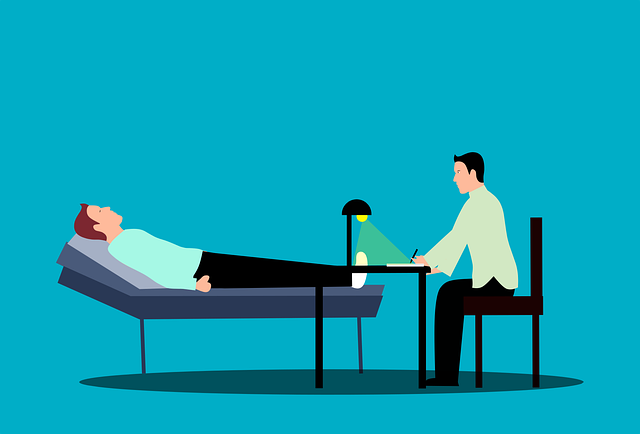by Nathan Chua
With the way many mainstream and social media entities have dealt with the topic of mental health, it may be surprising for some to know that therapy and counseling has yet to completely shake off the social stigma attached to seeking help for mental health problems. Although the pandemic could have reduced some of the skepticism, there are still many who are adamant about their views. I know some of you reading this will think, “Uh oh, here we go again, another article in defense of seeking professional help.” Quite the contrary though, and sorry to disappoint you, but this post is more about taking a long hard look at what the profession has done to produce such skepticism. Maybe it’s time to look inside our practices and see what our role is in contributing to this lack of confidence.
In his book, “The Anatomy of an Epidemic,” author and journalist, Robert Whitaker talks about how drugs have been abused to treat otherwise well-functioning individuals who suffered serious albeit temporary mental problems. As I have written before in a previous blog post, this is what Dr. Steven Hayes often refers to as the “DSMization” or biomedicalization of mental health care. Dr. Hayes even encourages dropping the term, “mental health,” for something that is more attuned to what the current science is showing. He suggests the use of mental resilience or mental skills instead. In sum, the current approach of classifying people into categories and subcategories of disease has done more harm than good. It has led to the abuse of medications that more often produce unnecessary and rather serious side effects. I have written about this in a past blog post, so let’s turn now to the crux of what I want to share in this one.
The second point which I want to emphasize for this post is what I heard Dr. Hayes said about our work in the helping profession that uses talking (or language) as a primary medium of change. At the time I heard it, I couldn’t understand what he meant when he said that in our field of work, experience predicts confidence not competence. I even took the time to post my difficulty understanding Dr. Hayes’ words in one of the social media groups I have belonged to since attending some workshops in the past. I didn’t really find any of the comments to my posted question to hit the nail on the head. Finally and luckily, I came across a podcast where Dr. Hayes himself explained what he meant.
It’s pretty much like learning how to shoot the ball in the game of basketball. Looking at how your shot went gives you the feedback you need to see how you can improve your shooting skills, or which shooting form works. Yes, feedback! Now can you imagine if you were shooting with a blindfold all along!
In my first nine years of practice, I had followed what was mostly being taught in mainstream psychology here in the Philippines. Of course, my clients eventually get better! But better at what? Well, mainly they had become better at reducing some of that anxiety, depression, etc. The rule of thumb can be summed up this way, you are here for counseling because you need help in removing some of that difficult feeling inside in order for you to do whatever it is you want moving forward.
At times then I was wondering, do my clients really get better because of my work, or are they just recovering on their own over time? The other side of it is, why are my clients coming back for sessions every time there is a new challenge in front of them? Furthermore, with the approaches I had tried, I had to read up on so many books and enroll in so many training modules in order to address the myriad of cases presented to me! I thought this feels quite like an impossible task! Is there anyone who can master all of these protocols for every mental health concern? Is that even human?
And of course I was getting good feedback, because clients do learn that these difficult emotions do have a shelf life! And I had become their shoulder to cry on when things get rough once again! So who’s the expert here?
Even while I was in business, I was always looking for better stuff. I remember in my 40s, I found myself hitting a ceiling with finding answers through my spiritual journey. And as I pursued further studies in counseling, I hit another ceiling! It felt like whatever I was doing, I could not attest to myself that these same methods I use with my clients do lead me to get past my own limitations!
Now I am not saying here that I have reached some kind of perfection in terms of the way I deal with my personal struggles. In fact, I am still learning up until this writing. But in Contextual Behavioral Science (in general and Acceptance and Commitment Therapy in particular), I think I have found a place where there is a way past that final ceiling. And guess what? If there was something available out there that proves to me that I can find a science that can even be better than what is available in contextual behavioral science, I will take it! Because what matters to me in my work is what actually works! That is why I am now an ACT therapist and a functional contextualist! I think it is by far the most scientifically sound approach and the one that will gradually take me through that hardest of all ceilings! This is the fire that burns in me and the reason why I am passionate about sharing this with you!

